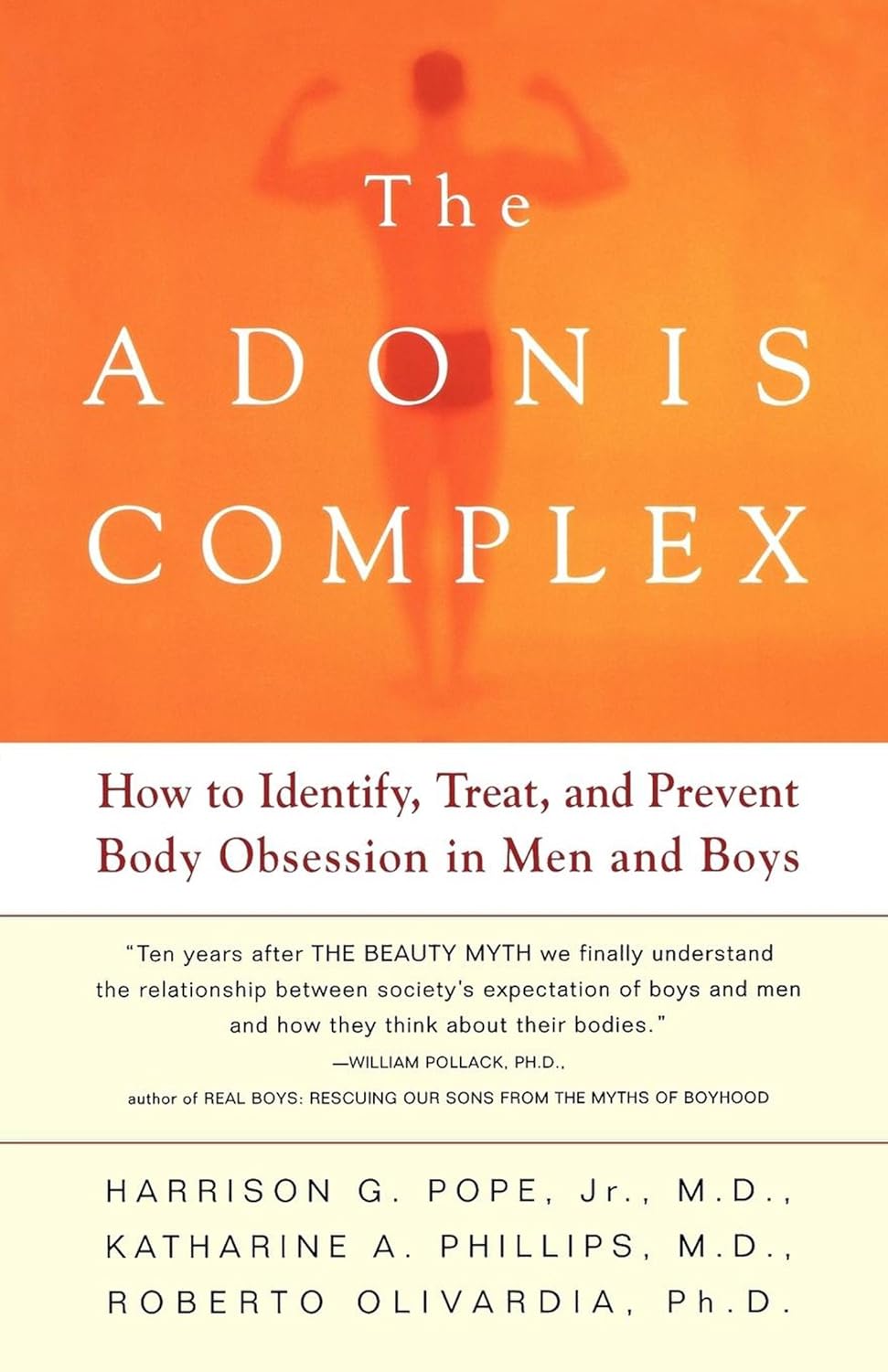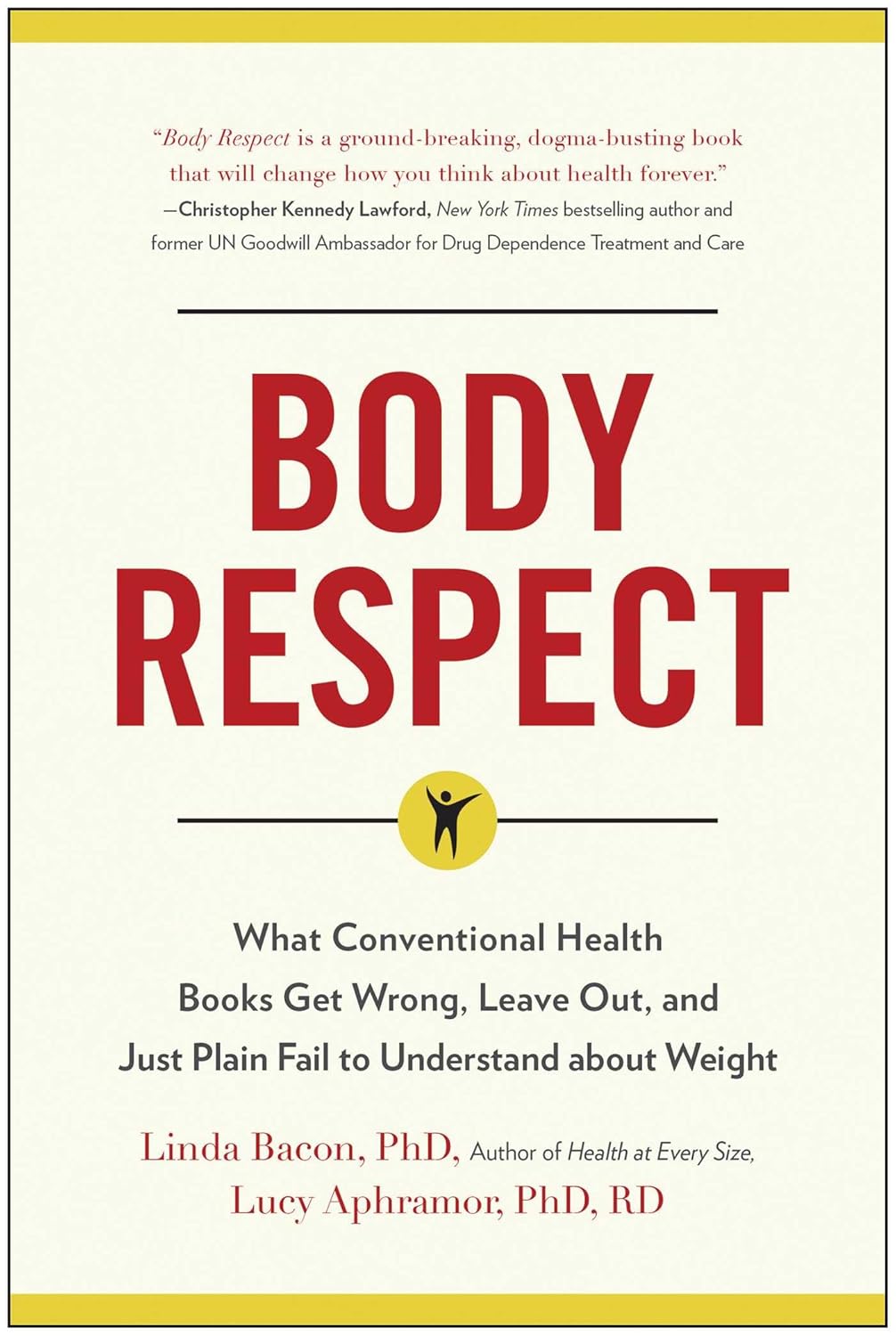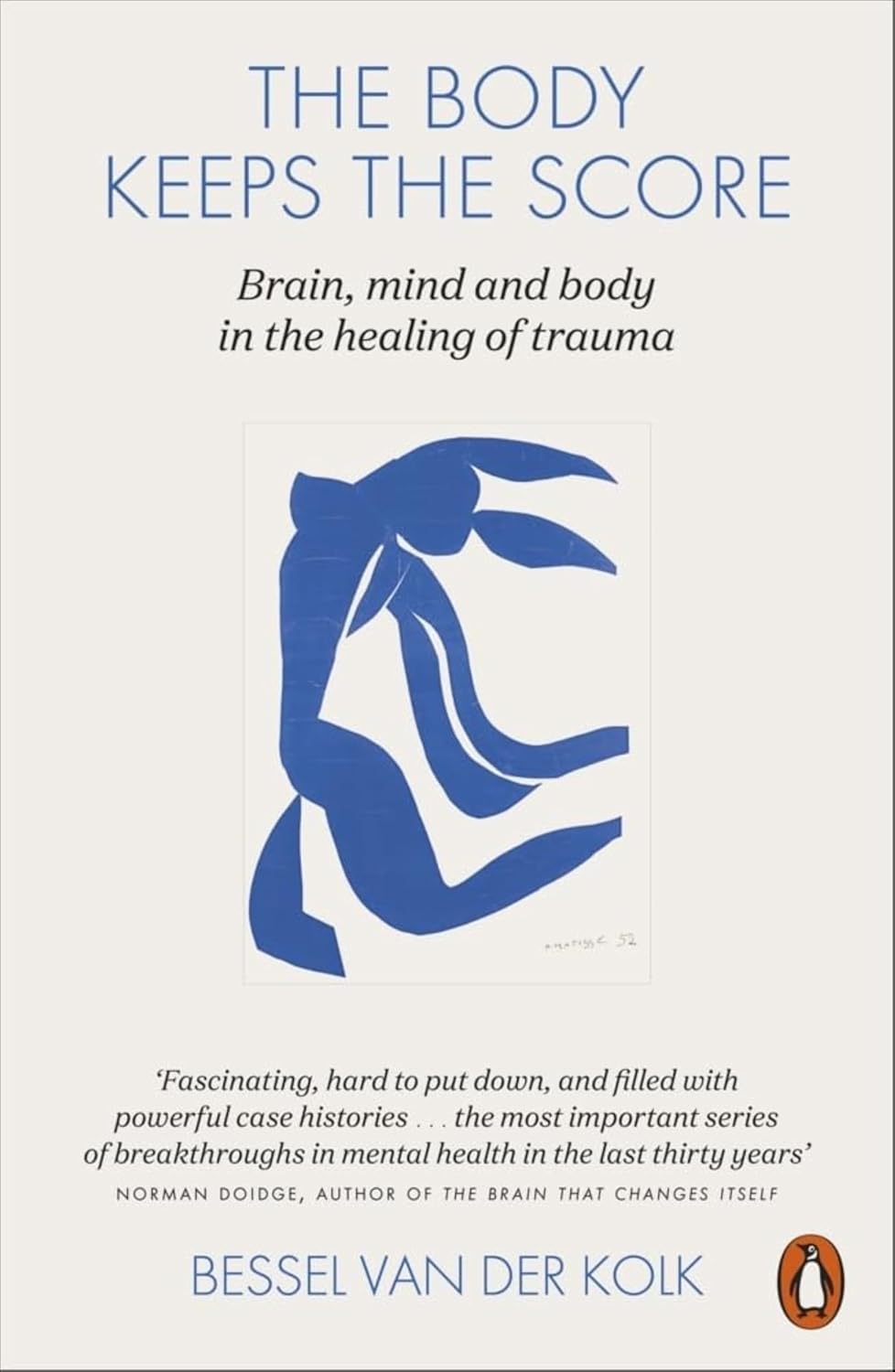BODY IMAGE & DYSMORPHIA ISSUES
WHEN HOW YOU SEE YOURSELF,
STARTS TO HURT HOW YOU LIVE
"You don’t have to hate your body to want to feel better in it."
WHY IT MATTERS
Body image issues aren’t exclusive to women - far from it.
More and more men are quietly battling insecurity, shame, and obsession with how they look. Some fixate on being too small, too skinny, not muscular enough. Others feel out of shape, ashamed, or stuck in comparison traps online.
Body dysmorphia - best described as a mental health condition where you can’t stop thinking about one or more perceived flaws - affects both men and women, but is often under-reported in men because of shame or the belief that “this isn’t a guy thing.”
But it is. And it can lead to depression, anxiety, disordered eating, excessive gym routines, or complete withdrawal from social settings and relationships.
WHAT YOU'LL FIND ON THIS PAGE
- Understanding male body image issues and body dysmorphia
- Why Social Media is fuelling insecurity
- Muscle Dysmorphia: The ‘Bigorexia’ trap
- When your self-image impacts your sex life
- Building a healthier body image (without toxic positivity)
- A powerful read: Natasha's blog on women's body image
- Tools, books, and resources to support your mindset
UNDERSTANDING BODY DYSMORPHIA IN MEN
Body Dysmorphic Disorder (BDD) is not just “low self-esteem.” It’s a persistent and often overwhelming belief that something is wrong with how you look - even when others don’t see it.
In men, it often shows up as:
- Excessive time in front of the mirror
- Constant comparison to others’ physiques
- Extreme gym routines or steroid use
- Refusing to take shirts off in public
- Avoiding dating or intimacy because of appearance shame
SOCIAL MEDIA AND THE MODERN MALE IDEAL
The problem? It’s not real life. Most of these images are either filtered, heavily edited, or the result of an extreme - often unhealthy - lifestyle that doesn’t reflect the average man’s day-to-day reality. Behind the scenes, some influencers are dehydrated for photoshoots, abusing steroids, or hiding eating disorders. Even Hugh Jackman and Henry Cavill once said they had to dehydrate for 3 days to achieve the 'look', and they hated it! But on the surface? All you see is “perfection” - and it’s easy to believe that’s the standard.
Social media algorithms make it worse. The more you engage with fitness or body content, the more it shows you, until your entire feed becomes an endless comparison trap. You start to believe you’re not enough unless you look like that.
It’s no wonder so many men are silently struggling with how they see themselves. You start to tie your value to your appearance. You don’t want to take your shirt off in summer. You feel like you can’t go to the gym because you don’t already “look the part.”
But here’s the truth: You’re already worthy.
Your health and confidence matter way more than your muscle definition. And the goal isn’t to compete with unrealistic standards - it’s to show up for yourself in a way that feels good, sustainable, and authentic.
So how does Social Media affect how guys see themselves? It often looks like:
- Feeling small or inadequate next to hyper-muscular fitness accounts
- Assuming everyone else is "in shape" and you're the only one struggling
- Comparing real-life bodies to airbrushed ones
- Developing shame around softness, belly fat, or natural ageing
Muscle Dysmorphia: When “Not Big Enough” Becomes Dangerous
This can lead to:
- Obsessive workout routines
- Compulsive calorie / protein tracking
- Performance-enhancing drug use
- Mood swings or social withdrawal if training is missed
BODY IMAGE AND INTIMACY
For many men, negative body image can lead to:
- Avoiding intimacy altogether
- Struggling to take their clothes off in front of a partner
- Feeling "unsexy" or unworthy of attention
- Assuming partners are disappointed or judging them
What to Do About It: Healing the Way You See Yourself
Here’s how to start:
- Limit social comparison.
Unfollow accounts that make you feel worse. Curate your feed. - Be honest with someone.
A mate, therapist, coach - open up. It breaks the shame cycle. - Move your body for mental health, not punishment.
Rebuild a relationship with exercise based on function, not just appearance. - Replace criticism with curiosity.
When you catch yourself in self-loathing, ask: “Where did I learn this?” - Celebrate the basics.
Showered? Got dressed? Ate three meals today? That’s care. Not laziness - don't beat yourself up.
YOU'RE NOT ALONE - EVEN IF IT FEELS LIKE IT
To any man who’s ashamed of how he looks - please know this: the problem isn’t your body. It’s the unrealistic standard you were taught to chase. And it’s not yours to carry anymore.
We’d also recommend reading Natasha’s article on the Blog, where she speaks about body image issues in women. It’s a powerful reminder that we’re all fighting this fight - and that healing can begin by seeing we’re not alone.
NEED SUPPORT?
You might also consider:
- Men's Health Forum
- MIND UK
- CALM (Campaign Against Living Miserably)
- NHS Talking Therapies
RECOMMENDED READING
YOUTUBE RECOMMENDATIONS
FINAL THOUGHT
This isn’t about loving what you see in the mirror. It’s about learning not to hate it.
Give yourself the chance to step out from under the microscope.
You’re more than your appearance.











